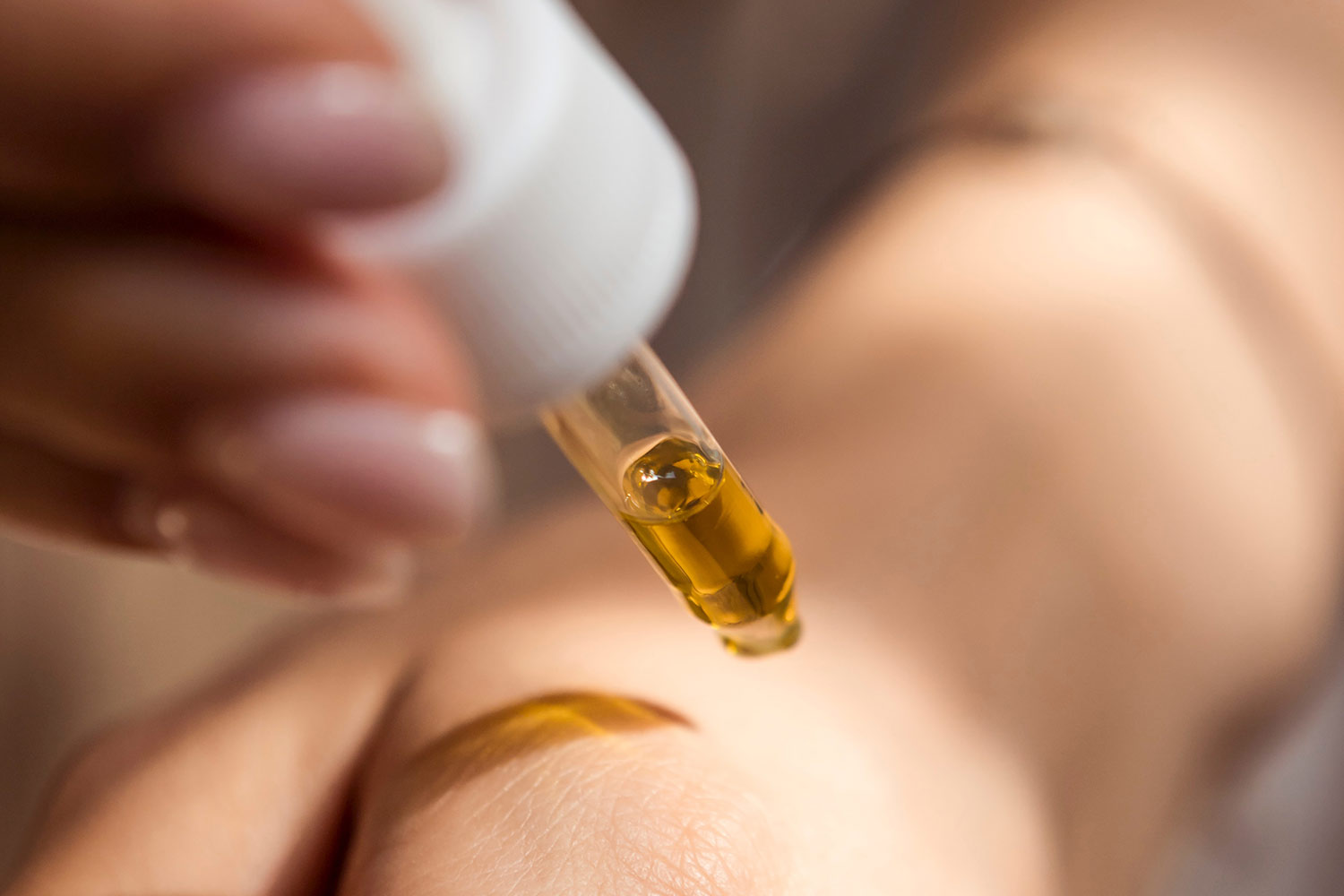Common Dermatology Myths
Natural skin care products are best.
Not always. All-natural products are composed of numerous tree, fruit, and nut oils. If you have allergies, eczema or asthma, you are more sensitive to these plant proteins. It makes sense then, that you wouldn’t want to smear plant allergens all over your skin! Though all-natural products generally well tolerated, it’s best to avoid them if you have significant environmental and / or food allergies.
Did you know: mango fruit is a cousin to poison ivy and can trigger a reaction when used on the skin.
Elimination diets will clear my skin.
This is such a commonly held belief, but I have no idea where it came from! There are no studies linking diet as a cause for eczema or acne. Dietary improvements such as decreased sugar, trans fats, and alcohol may modestly improve acne and eczema symptoms. Dietary modifications may also improve conditions like psoriasis and rosacea. However, none of these skin conditions results from diet alone. They each have underlying causes such as hormone shifts, genetics, & environment.
Getting a base tan from a tanning bed is safe.
No. Never. Tanning bed UV light is much more dangerous than the sun.
UV rays are sort and intense. When we are outdoors, we can manage our skin’s exposure to these intense rays with SPF, clothing, shade, etc. But in a tanning bed, these intense UV rays are inches from our skin. It is estimated that 10 minutes in a tanning bed is the same as 2 hours on beach. Yikes! UV not only causes skin cancer, it also breaks down collage and results in premature aging of the skin.
Did you know: Excessive UV also impacts your eyes, increasing the risk of cataracts and ocular melanoma.
Sunscreen causes skin cancer.
Sunscreen does not cause skin cancer. It can, however, provide a false sense of security, leading to overexposure to UV. Always reapply sunscreen as instructed on the product label. Even better? Wear protective clothing.
Everyone needs face moisturizer.
This is tricky. We’ve been told from advertising that moisturizing products will solve many of our skin problems. This is false.
There are two reasons to use moisturizer:
1) to hydrate dry skin, resulting in temporarily smooth, soft, more plump appearing skin.
2) to strengthen the skin barrier in conditions like eczema and rosacea where chronic irritation leaves skin more susceptible to breakdown and more reactive to the environment.
It is true that most people will experience dry skin, so having a moisturizer available is useful.
More often though, I see patients who are routinely applying moisturizing products multiple times a day believing that it’s anti-aging or curing their skin conditions. This results in acne lesions, milia, oily skin, seborrhea, and wasted money.
Most of our patients need an oil-free moisturizer with SPF every morning and an anti-aging product at night that may also provide some hydration to the skin.


